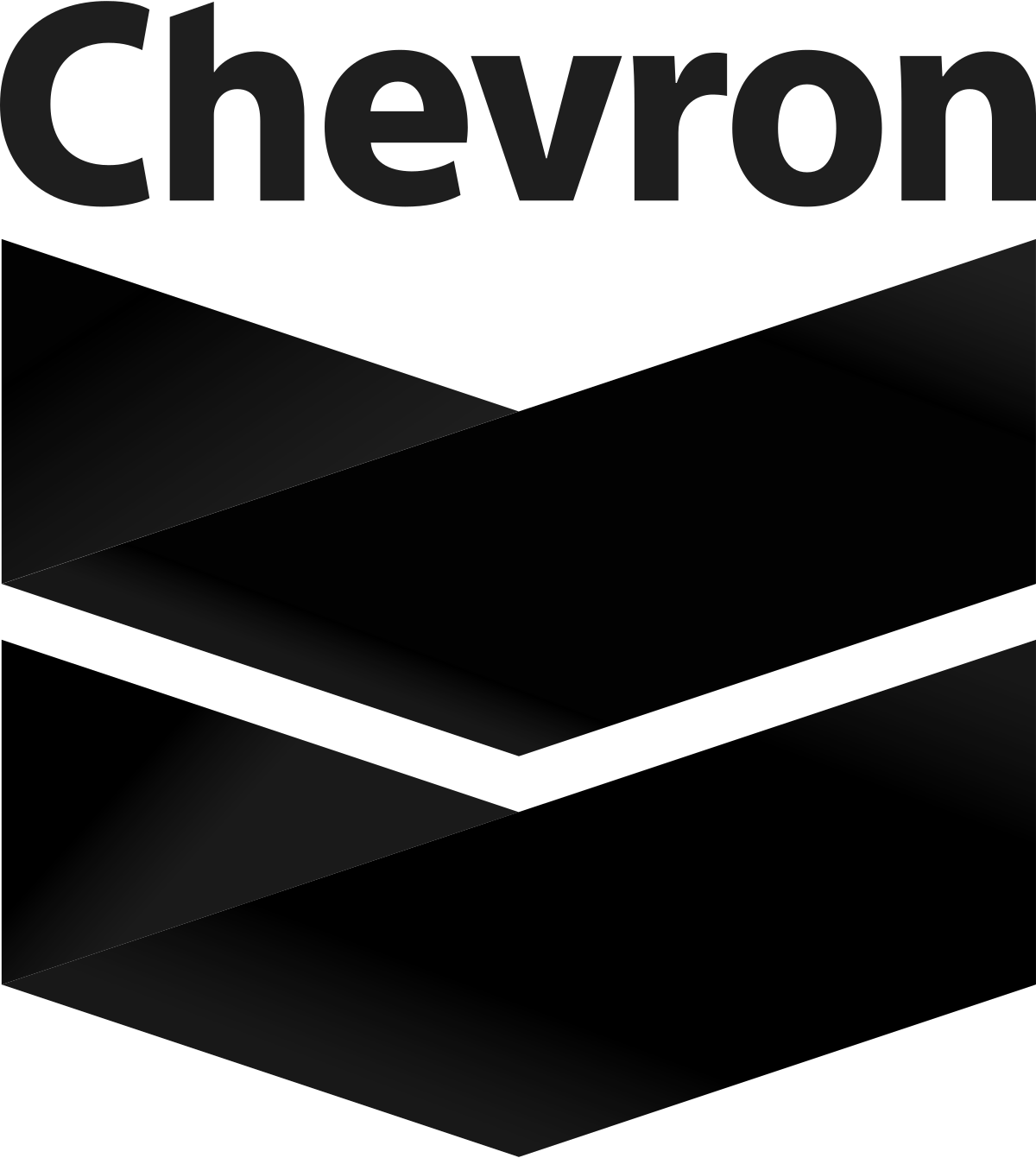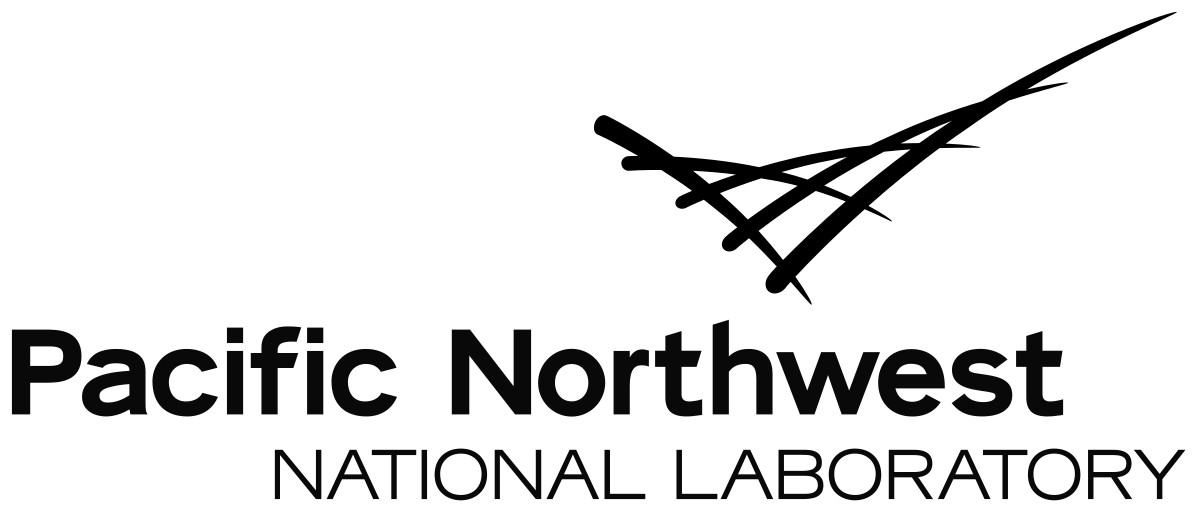
Leadership Coaching
Performance Excellence
Leadership Coaching
Working Together To Learn, Change, and Improve
Interested in growing your leadership capacity, expanding your leader skillset, adapting to change more easily, and improving your performance? Our leadership coaching service is here to support you.
Coaching is work, and that work is focused on helping the client grow, change, and learn in ways that are meaningful and important for them. It is a collaborative, confidential, co-creative process that is completely focused on the client's desired outcomes and objectives.
The Coaching Process
1. Assess
2. Agree
3. Improve
Leadership Coaching FAQ
Is Leadership Coaching Effective?
Leadership Coaching, and coaching in general, is effective in that it helps individual leaders and leadership teams improve performance, learn, and grow both professionally and personally, which benefits both the individual and their organization. This has been confirmed through research (including meta-analytic).
- "Coaching activities (e.g., one-on-one coaching, team coaching and work group coaching with a professional coach practitioner) are rated as the most helpful in achieving the goals of change management initiatives. Addressing leadership style, strengths and blind spots; overcoming resistance; building resilience and change readiness; and finding processes and tools are the most frequently cited reasons for using coaching activities for change management."1
- "We examined relationships between coaching interventions and several individual-level outcomes that are relevant for both individuals and organizations. The results show that coaching has significant positive effects on performance and skills, well-being, coping, work attitudes, and goal-directed self-regulation. In general, our meta-analytic findings indicate that coaching is an effective tool for improving the functioning of individuals in organizations."2
- Jenna Filipkowski, PhD, Mark Ruth, and Abby Heverin. "Building a Coaching Culture for Change Management." Human Capital Institute and the International Coaching Federation, 26 Sep 2018. Available at http://www.hci.org/research/building-coaching-culture-change-management (accessed 18 Feb 2019, fee/membership required).
- Tim Theeboom, Bianca Beersma & Annelies E.M. van Vianen. "Does coaching work? A meta- analysis on the effects of coaching on individual level outcomes in an organizational context," The Journal of Positive Psychology, Vol 9, Issue 1 (2014): 1-18.
Do I Need A Leadership Coach?
Obviously, we cannot answer this question in our FAQ, but we are fairly certain that you know the answer. The short answer is yes, if you want to improve your performance, leadership, learn, and grow.
Tom Brady, at the height of his career as the greatest quarterback in the history of the United States' National Football League, had multiple coaches:
- fitness coach
- quarterbacks' coach
- broken plays coach
- offensive plays coach
- head coach
Coaches are important because they provide a second set of eyes and another brain which are focused on helping you see things you may not see yourself (perspective), challenge assumptions that you may have taken for granted, and nudge you to work on things which are uncomfortable (and important).
The human mind is an interesting machine, prone to many types of cognitive and perceptual biases (https://en.wikipedia.org/wiki/List_of_cognitive_biases). Working in teams with the appropriate tools, techniques, and behaviors, is one of the primary ways humans have learned to combat the cognitive biases and logical fallacies which we all share. The result is massively improved performance.
Your coach is your teammate on this journey.
What Can a Leadership Coach Help Me With?
Every coaching engagement is different, but leadership coaches primarily help their clients cope with and navigate change.
Change comes in many forms, such as
- navigating corporate, leadership, and team environments (politics, power, and people)
- leading differently
- developing and enhancing interpersonal and/or leadership skills
- improving communication and/or listening capabilities
- learning to grow others through coaching
- developing empathy and introspection
The coaching journey is designed to expand and then focus thinking, provide perspective (through reflection and exploration), and support meaningful action in helping you move through change with confidence, regardless of the turbulence in your surrounding environment.
Is Coaching Confidential?
Is Leadership Coaching Like Mentoring, Training, or Advising/Consulting?
No, Leadership Coaching is not the same. In fact, all of those domains are significantly different. Here are a few definitions which describe the way we approach this topic:
- Training: The transfer of knowledge. The most typical example is traditional classroom-based training, though on-the-job (OJT) training is another common type. The instructor does not need to be an expert in the domain and may not be able to mentor or advise on specific practices. The correct relaying of an established educational curriculum is the only requirement for the conduct of training, though "successful" training (in a holistic sense for organizations) requires more than simply the transfer of knowledge. Training is a normal precursor to mentoring and/or advising.
- Mentoring: The transfer of a particular skill or skills from an experienced practitioner (expert) to a novice. The novice should possess domain knowledge acquired through training. The mentor's focus is the novice's application of knowledge to task accomplishment in the real work environment. The mentor shares expertise and helps the novice contextualize and learn how to apply knowledge during the conduct of work, sharing best practices, pitfalls, and unique techniques which enable the novice to develop specific skills.
- Advising: Also referred to as "consulting" or "coach-advising," an expert in a specific domain or area observes individuals, teams, or other types of practitioners through the conduct of their work and provides advice and/or recommendations specific to their domain of expertise. The practitioner attempts to apply the advice to their work in the appropriate way. Advising may also include providing assessment and/or feedback on various aspects of performance.
Connect today to get started
Every great relationship starts with a conversation.

Wondering About Working With Us?
You Would Work With Us If...
- You're seeking coaches with actual, real-world leadership and organizational experience;
- You want a partner who can provide multiple offerings and work with you in multiple ways;
- You're seeking evidence-based approaches, grounded in research, versus simple, case-based (ineffective) solutions which purport to solve every problem, everywhere;
- You want more than a staff of new college grads who simply rebrand pre-existing PowerPoint presentations;
- You want more than a representative of some software solution who sells it as the sole source of capability;
- You're smart enough to know that a single framework or simple approach will not solve all your problems, and you need a partner who thinks that way, too;
- You need a partner who has worked in a variety of environments in multiple domains across industries;
You Would Not Work With Us If...
- You are looking for a simple, off-the-shelf response to a pervasive, challenging problem;
- You want to pay a consultant, ignore them, and then blame them later (there are companies who provide precisely this service);
- You just want a rebranded, 400 slide PowerPoint presentation to show you're "working the problem";
- You already have the answer to your issues and you need someone to (a) lend their credibility and/or (b) implement it for you;
- You do not actually want to grow, develop, or improve your people, teams, and organization;
- You think growth and improvement is something everyone else needs;
- You want to be able to say you're doing things differently while still just doing the same, old things;
Getting The Optimal Outputs Requires The Right Inputs + The Right Process
Our workshops leverage complex systems approaches to engage and emerge the best from your people, their collective intelligence, and their experience.

Services
Workshops
Knowledge Transfer is not the only goal. applicability, utility, and retention are critical.
Truly effective training requires careful consideration of the applicability of training to job function and task completion, and should be delivered using experiential methods which promote the direct application of acquired knowledge in work performance. Following with routinized use, feedback, and skill enhancement ensure retention and, ultimately, defines success.

Services
Start the Conversation







